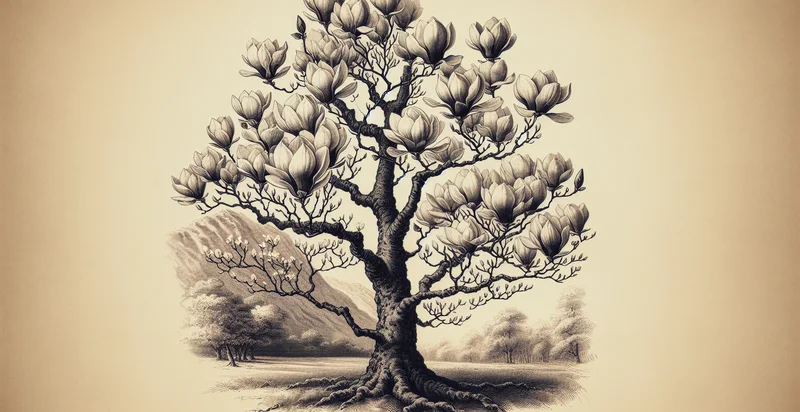Identify daisy species
using AI
Below is a free classifier to identify daisy species. Just upload your image, and our AI will predict what species of daisy it is - in just seconds.

Contact us for API access
Or, use Nyckel to build highly-accurate custom classifiers in just minutes. No PhD required.
Get started
import nyckel
credentials = nyckel.Credentials("YOUR_CLIENT_ID", "YOUR_CLIENT_SECRET")
nyckel.invoke("daisy-species", "your_image_url", credentials)
fetch('https://www.nyckel.com/v1/functions/daisy-species/invoke', {
method: 'POST',
headers: {
'Authorization': 'Bearer ' + 'YOUR_BEARER_TOKEN',
'Content-Type': 'application/json',
},
body: JSON.stringify(
{"data": "your_image_url"}
)
})
.then(response => response.json())
.then(data => console.log(data));
curl -X POST \
-H "Content-Type: application/json" \
-H "Authorization: Bearer YOUR_BEARER_TOKEN" \
-d '{"data": "your_image_url"}' \
https://www.nyckel.com/v1/functions/daisy-species/invoke
How this classifier works
To start, upload your image. Our AI tool will then predict what species of daisy it is.
This pretrained image model uses a Nyckel-created dataset and has 20 labels, including African Daisy, Bellis Perennis, Cape Daisy, Chrysanthemum Leucanthemum, Coastal Daisy, Common Daisy, Daisies In Culture, Daisy Bush, Daisy Delphinium and Daisy Fleabane.
We'll also show a confidence score (the higher the number, the more confident the AI model is around what species of daisy it is).
Whether you're just curious or building daisy species detection into your application, we hope our classifier proves helpful.
Related Classifiers
Need to identify daisy species at scale?
Get API or Zapier access to this classifier for free. It's perfect for:
- Botanical Research Assistance: Researchers studying plant biodiversity can utilize a daisy species identifier to accurately identify and catalog various daisy species in their natural habitats. This function can streamline data collection and improve the accuracy of research findings regarding ecosystem health and species distribution.
- Agricultural Crop Management: Farmers can use the daisy species identifier to distinguish between beneficial and harmful daisy species in their fields. By integrating this tool into their crop management practices, they can make informed decisions about pest control and crop rotation to enhance yield.
- Horticultural Education: Educational institutions can incorporate the daisy species identifier into their botany or horticulture programs to teach students about plant identification and classification. This practical tool will enhance learning and provide hands-on experience in species classification.
- Landscaping Design: Landscape architects can use the daisy species identifier to select appropriate daisy varieties for specific environments, ensuring that the flowers will thrive and contribute to the aesthetic appeal of the project. This capability allows for better planning and sustainable landscaping solutions.
- Conservation Efforts: Conservation organizations can leverage the daisy species identifier to monitor at-risk daisy species and implement conservation strategies. By accurately identifying species and their habitats, these organizations can focus their resources on areas that require protection or restoration.
- Citizen Science Initiatives: Citizen science projects can use the daisy species identifier to engage volunteers in biodiversity monitoring efforts. By providing an easy-to-use tool for identification, participants can contribute valuable data to scientists studying plant populations.
- Floral Retail: Florists or online flower retailers can utilize the daisy species identifier to provide customers with accurate information about the daisy varieties available for purchase. This feature can enhance customer experience by ensuring that buyers receive the right species for their needs, such as weddings, events, or home gardens.


